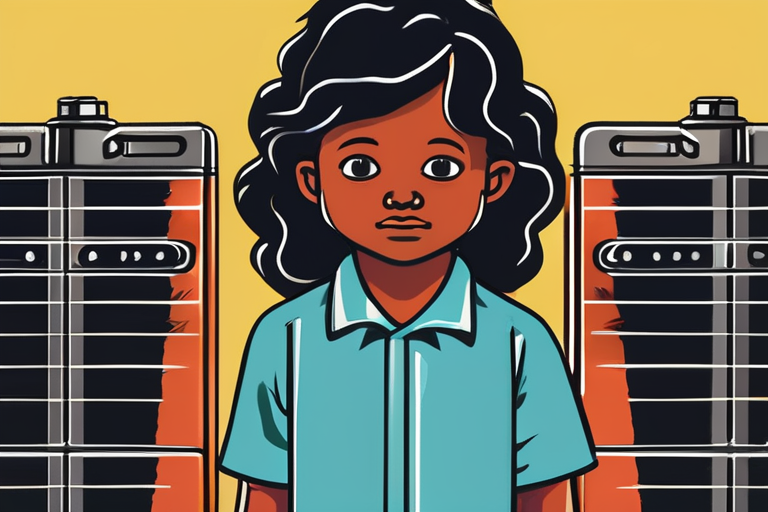Lead-Acid Batteries Poisoning Millions: Experts Unveil 3 Proven Solutions to Save Global South's Children


Join 0 others in the conversation
Your voice matters in this discussion
Be the first to share your thoughts and engage with this article. Your perspective matters!
Discover articles from our community

 Hoppi
Hoppi

 Hoppi
Hoppi

 Hoppi
Hoppi

 Hoppi
Hoppi
 Hoppi
Hoppi

 Hoppi
Hoppi

Natron Energy Halts Operations: Sodium-Ion Battery Dreams Dashed In a shocking move, Natron Energy, the pioneering sodium-ion battery manufacturer, has …

Hoppi

Apple's Latest iPhone Air Marks the Beginning of the End of Physical SIM Cards, Analysts Say The latest iPhone model, …

Hoppi

Breaking News: AI Revolution Demands Immediate Action A sudden and unprecedented AI revolution is unfolding worldwide, prompting urgent calls for …

Hoppi

SpaceX Notches Major Wins During Tenth Starship Test SpaceX achieved a major milestone Tuesday evening with the successful tenth test …

Hoppi
Free Tool Allows Unsupported PCs to Install Windows 11 Without Bloatware A free tool called Flyoobe has emerged as a …

Hoppi

The Comprehensive Guide to Babyproofing Your Home: A Journey of Safety and Curiosity As I stood in my living room, …

Hoppi